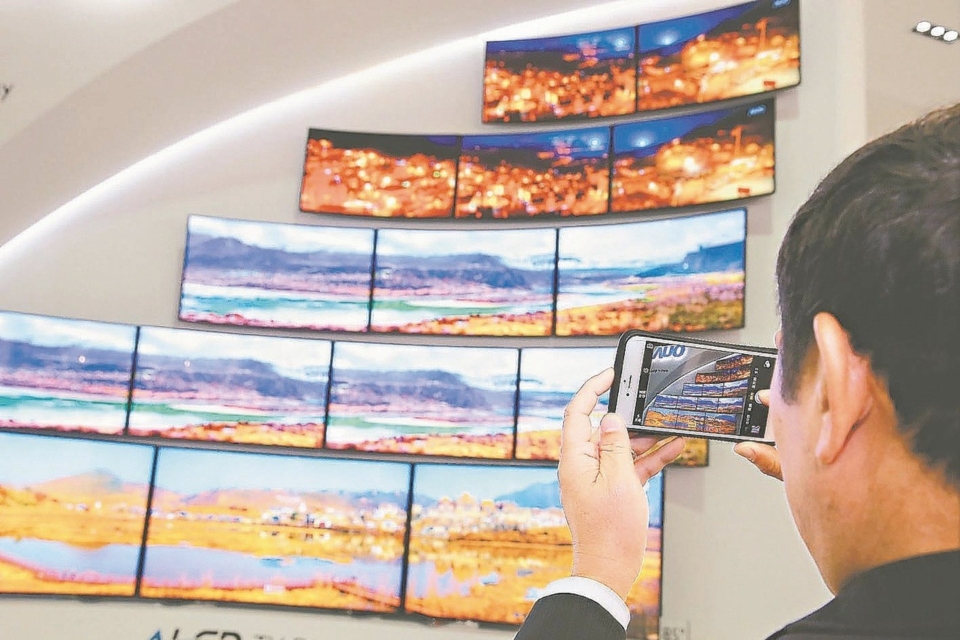Panel Industry Set for Recovery in 2024!
2024/05/21 | By Andrew Hsu
David Hsieh, Senior Director of Display Research at Omdia, recently stated that 2024 marks a year of recovery for the panel industry. Major panel manufacturers are expected to shift from losses to profits by the second quarter, with a peak in panel prices anticipated in the third quarter. This recovery is driven primarily by a projected 10% annual increase in the area of TV panels and growing demand for IT panels fueled by advancements in AI.
David Hsieh noted that global panel shipments are projected to increase by 2% to 3% compared to last year. Shipments in specific areas have experienced significant growth, ranging from 9% to 15%. He highlighted that major panel makers' revenue in the first quarter of this year surpassed last year's figures, indicating a noticeable recovery in the panel industry and an improvement in profitability.
David Hsieh highlighted that in the past 20 years, the fourth quarter has traditionally been the peak season for the panel industry. However, last year, the fourth quarter did not exhibit the usual peak season patterns. With the post-pandemic surge in demand for artificial intelligence (AI), there is a significant driving force behind panel demand. This trend is expected to lead to a peak in panel prices in the third quarter, with prices likely to stabilize thereafter. However, there could be a revision in demand during the fourth quarter, potentially resulting in price declines.
To avoid being caught in the industry's cyclic nature and the pressure of potential losses, panel makers have embarked on transformation efforts in recent years. David Hsieh emphasizes that such transformations do not happen overnight, and this year marks the real beginning of this transformative journey.
The shift of Apple iPad panels to organic light-emitting diode (OLED) technology has had a notable impact, particularly on the market for tablet computers using mini-LED backlighting modules. However, Hsieh believes that the mini-LED backlight market for TVs still has considerable room for rapid growth at this stage. Also, the development of MicroLED technology is still somewhat unclear, with its subsequent progress requiring further observation. On the other hand, there is significant demand for OLED panels, indicating a strong market trend.
David Hsieh noted that in response to geopolitical risks, Korean panel maker LG Display (LGD) is likely to sell its 8.5-generation panel plant in Guangzhou to BOE, China's leading panel maker. Additionally, Sharp Corporation's 10.5-generation plant in Guangzhou is expected to be sold to Shenzhen China Star Optoelectronics. Hsieh emphasized that the sale of panel factories in China is not just a strategy employed by Korean companies but also serves as a geopolitical countermeasure for mainland Chinese panel makers.




